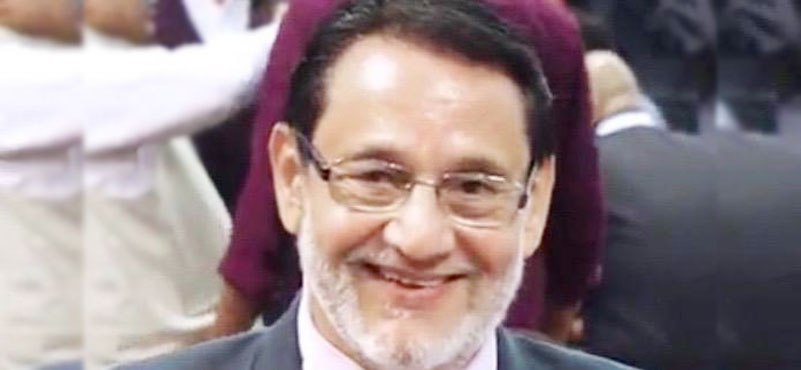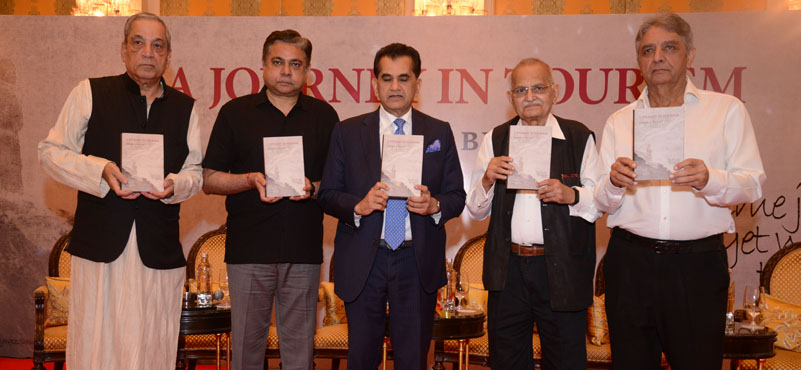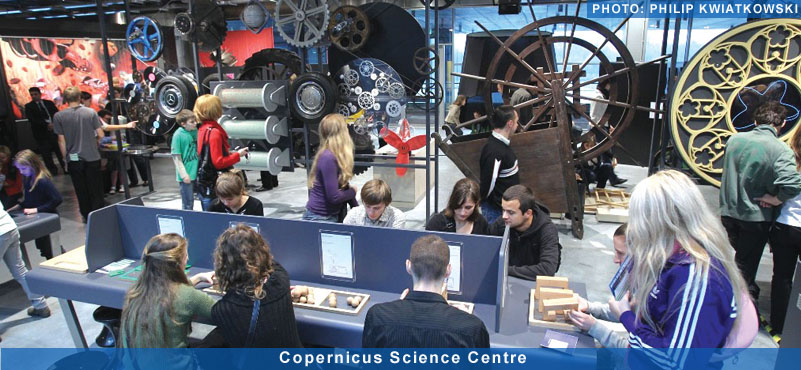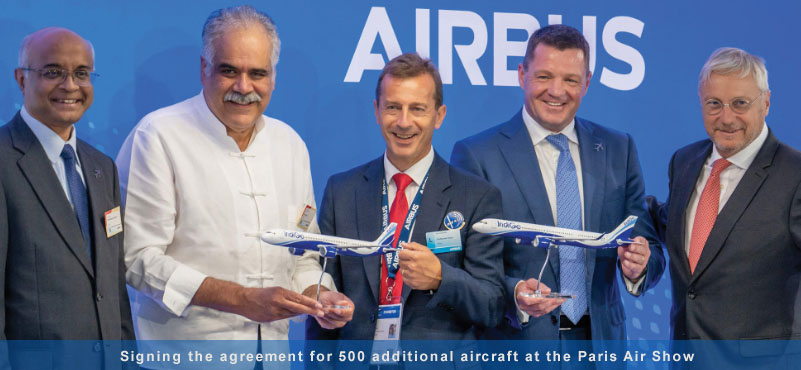In the belief that eco-tourism was self limiting, and working towards a larger canvas of being responsible, the Eco-Tourism Society has now become Responsible Tourism Society. The name change broadens its canvas and hopes to attract the entire industry as its members, ‘responsible’ being a common denominator.
Why this name change? What was the limitation in the earlier name, and what do you hope to change with the new one?
It was discussed and decided to change the name of our Society to ‘Responsible Tourism Society of India’ because there is a perception that the word ‘ECO’ by its very connotation implies only environmentally sensitive areas like forests, mountains, jungles, deserts, waterways etc. Also, by implication, it covers only sensitivity towards and concern for the Ecological Environment.
On the other hand, it was our intention not to limit ourselves to just niche or environmentally sensitive areas. We also had full intentions to address environmentally responsible tourism practices in Towns & Cities and Urban & Rural areas. Also, apart from just environment, we had to address practices to cover pollution, energy and water conservation, depletion of reserves, garbage management, responsibility towards effected communities and habitats and more. And finally, there is the implementation of the Code of Conduct of Safe & Honourable Tourism and ‘The Pledge for Sustainable Tourism’, both adopted by the Ministry of Tourism. So, renaming to Responsible Tourism Society of India just seems more appropriate and inclusive. It corrects the limiting perception. This also had an impact on our membership profile,
Would this mean saying eco-tourism is not big enough as a challenge, or possibly a limiting one?
Ecotourism is, in general perception, a “type ” of tourism. Of course, it is challenging but the word itself is limiting to our objectives. For example, a hotel in the business district of Connaught place can’t be perceived as being involved in “Ecotourism ” practices but in “Responsible” tourism practices.
What is the present nature of your membership? How will this change with the new entity?
We have several categories of members from students to individuals to hotel, travel companies, institutions and Patrons who are either corporates or some state governments. The current membership profile is mainly those engaged in environmentally sensitive areas and some Corporates and States who have been of great support. We need more support from corporates and the organised sector in the Industry. So, with the new name which reflects the correct intention, committed corporates will certainly come on board.
You have started your tenure with a big bang. Congratulations, it was a good show, possibly a first for any national association to come discuss its agenda on a public platform! What is the immediate fallout of this effort? Where do you intend to take this forward as an event?
We have struggled to garner support from the Industry for 12 years. We are deeply indebted to those who had faith in us and stood by us but it was saddening to have some ask “what do we get in return for becoming a member”. This contribution towards creating environmental awareness and concern was not seen as a tangible benefit. We are not an association batting for immediate advantages to a group. We are a pay back to the Industry! For long term or perpetual sustenance. This message had to be driven hard and up-front. So, it had to frank and open. And, after all, I’m talking to Industry friends and colleagues I worked with, known for over 46 years!! They have to understand their concern for future generations and rise above short-term objectives. They have to understand and contribute towards our efforts which are completely without any personal objective. Thus, this open and frank discussion on an open platform. And I guess the current crisis has certainly contributed to changing mindsets. I’m hopeful of getting the support we seek.
We have a platform like BITB Conclaves? How can we work together as natural allies, because we too believe in responsible tourism? In fact everybody would!
RTSOI is a crusader for Responsible and Sustainable Tourism practices. BITB has always advocated and promoted this cause. If we can partner in pushing this and recognising those who are committed, it will perhaps be a beginning!! It may not be too ambitious if we look at a Global or SAARC Conference. The world has a lot to learn from our region’s knowledge, Culture, Cuisine and best practices.
Where do you see your role amidst the war on COVID? I was surprised this did not appear in your debate, at least till the time I watched the show.
Covid is a medical issue. It has impacted tourism and we all know that. We are overflowing with data, information, discussions, opinions, criticisms, actions, and so much more on this subject. This was a platform to discuss Responsible Practices in Tourism, virus or no virus. Not Covid impact on Tourism. There are several platforms engaged in that endeavour.
What are your plans with the new name society, in the immediate years ahead, especially at the level of Indian states, within the region, and internationally.
We have several short and medium term objectives. Imparting knowledge through state sponsored workshops as we have done in the past, exchanging best practices, conducting impact studies, carrying capacity studies, etc. Implementing the Sustainable Tourism Criteria of India is a key objective. Even the Pledge of Sustainable Tourism and the Code of Conduct of Safe and Honourable Tourism, though adopted by MOT, is not implemented. We are also working on a “Responsible Traveller” initiative.
One of my key projects has been to bring about an inclusion in school education of a compulsory discourse on “Being a Responsible Citizen” between classes 5 to 9. More environmental havoc is caused by tourists than by service providers!! And this needs changing mindsets. This would include basics on hygiene, sanitation, pollution, garbage segregation, energy and water conservation, road discipline, first aid, disaster preparedness, etc. Add a half day on every alternate Saturday of compulsory Social Service and NCC, and perhaps in 10 years or so, we’ll have the concerned and disciplined citizen emerging!! Idealism to some extent but why not? For the sake of our future generations!




































